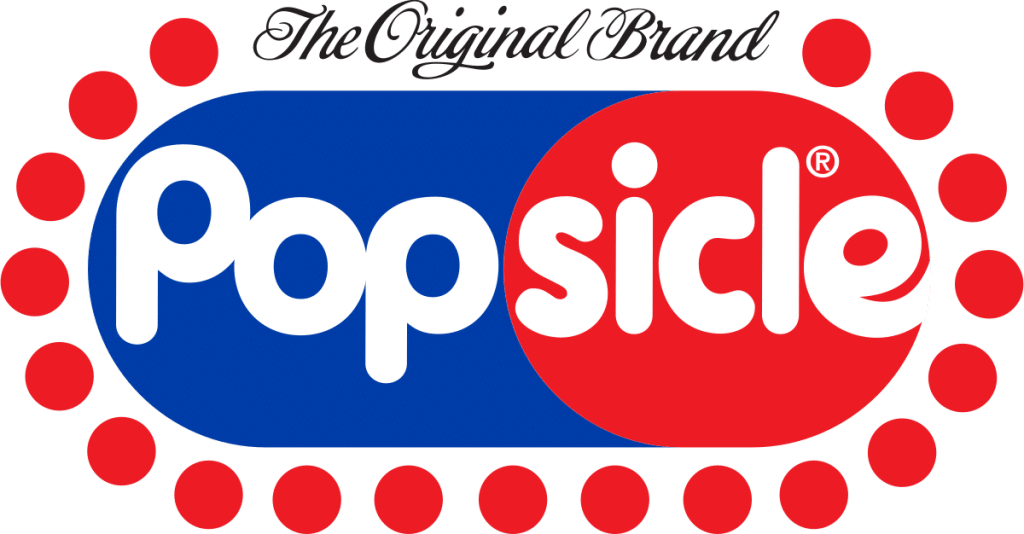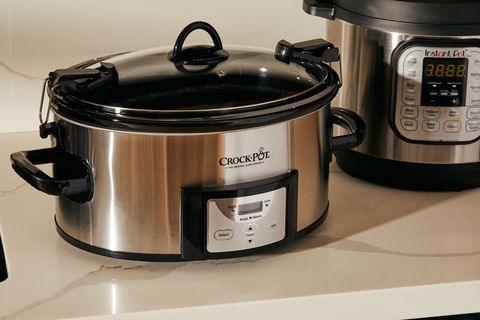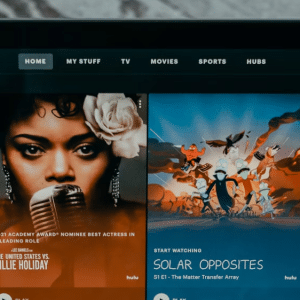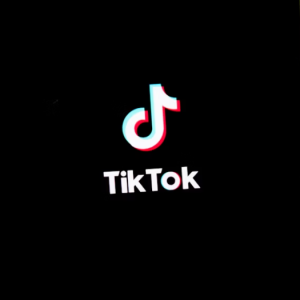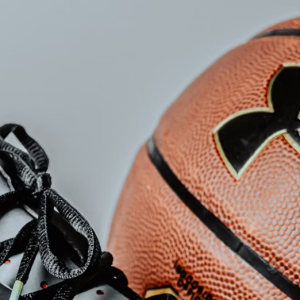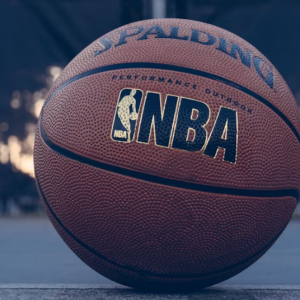The next time you relax with a Coke in your Jacuzzi after a long day of driving your Jet Ski and playing Frisbee, ask yourself if you actually used the brand-name versions of those items.
Probably not.
Many brand names have become synonymous with the products for which they are famous — and while that may seem like a good thing, it can be a problem when companies lose their distinctive appeal! Consumers regularly use words such as “Q-tips,” “Kleenex,” and “Post-Its” — all of which are registered trademarks — for products made by other companies.
What happens to marketing efforts when these brand names go generic? Will consumers confuse the innovative product with cheaper alternatives? And can brands maintain their popularity when no one uses the name correctly? Read this article to learn about the top 10 brand names that went generic — and what marketers can learn from them.
What’s in a name?
For well-known brands, a name includes instant recognition, an attitude, a set of core values, and a promise to customers. Sometimes, the brand name is so powerful that it starts to be used as a general description for a type of product.
But what is it called when a brand name becomes the product name? It’s called genericization, and it’s rarely good for brands. Even if their name becomes a household word, it loses its meaning as a market preference. When you make your shopping list, you might actually be making a brand product names list — with no intent to buy the brand name!
For example, your grocery list may read:
- Kleenex
- Q-tips
- Scotch tape
- Duck tape
- Band-Aids
- Tupperware
Those are all brand names — not the product themselves. But as these names have become genericized, you probably weren’t intending to purchase from those companies. That’s a clear sign that they lost control of their brand. By contrast, you want Nikes, Starbucks, or Tevas, you’re actually planning to choose those companies.
Let’s take a look by reviewing the top 10 brand names that have become synonymous with their products — for better or worse.
Kleenex
Most people don’t ask for a “facial tissue.” They say, “pass me a Kleenex.” The brand launched its product back in 1924 as a beauty product, but once they began marketing it as a more sanitary substitute for handkerchiefs, it quickly became a household essential.
Unfortunately, this means that Kleenex itself doesn’t always stand out among shelves of similar products — and consumers don’t necessarily seek the brand name as a sign of higher quality. However, Kleenex still sells well, so we don’t feel too bad for them.
Thermos
These days, insulated beverage-holders are a multi-million-dollar industry. Despite the range of brands (Yeti, Tarvis, etc.), many people call these products by their generic name: thermos. However, that word was originally a brand name.
Way back in 1904, Thermos LLC introduced a “vacuum flask” with then-innovative technology. By 1963, though, the term became so generic that Thermos actually lost its trademark. Talk about being a victim of your own branding!
Chapstick
While many people do call lip-moisturizing products “lip balms,” the word Chapstick remains popular. The original product was trademarked by Pfizer, but the term has become generic over time. Eventually, the Chapstick name simply didn’t command customers’ attention the way it once did — but the term “lip balm addiction” just doesn’t have that ring!
Popsicle
A popsicle is any frozen treat on a stick, right? Wrong! According to Unilever, who trademarked the word after Frank Epperson invented this dessert in 1905, only they make “real” Popsicles and everything else is a “frozen pop on a stick.” Good luck getting millions of people to use the correct terminology, though.
Band-Aid
Back in the old days, bandages were made from cotton-based fabrics (or whatever was handy). When Johnson & Johnson invented self-adhesive bandages in 1920, people were skeptical.
Eventually, though, the product became an essential item in first aid kits around the world, and the name “Band-Aid” became synonymous with the product.
Johnson & Johnson still retains the trademark and continues to sell Band-Aid products, which now include gauze, medical tapes, and related supplies.
Post-It Note
Sticky notes are now found on virtually every desk in the Western world, but not all are official “post-it notes” — the trademark registered to the 3M office supply company.
Many people do call these adhesive paper squares “sticky notes,” but it is common to call them “post-it notes” or “post-its” for short. Only the actual Post-It Notes use that signature yellow hue, though!
Q-tip
Unilever sure does enjoy having trademarks that are used as generic words. In addition to Popsicles, they also hold the trademark for Q-tips and insist that every competitor’s product is a “cotton swab.”
Let’s face it, though: no one asks for a “cotton swab” to clean their ears! Most consumers equate all general brand examples of cotton swabs with Unilever’s version.
This is a clear case of a lost brand identity, and it means that no one will pay extra for an official Q-tip if they don’t have to!
Crock-Pot
Dozens of cookbooks focus on the art of slow cooking, and most don’t draw a distinction between “crock pots” and similar appliances on the market. Indeed, the name for Sunbeam’s famous product became synonymous with “slow cooker” within just a few decades of its release. We’re not sure if that’s a branding win or fail, although we suspect that Sunbeam may not corner the market in the future.
Jacuzzi
We bet the Jacuzzi brothers never imagined that their hydrotherapy tub would become synonymous with luxurious relaxation. However, the company also makes showers, toilets, and other bathroom fixtures, so this genericization could be limiting for the brand. If customers assume “Jacuzzi” is only a hot tub, they may not search for other Jacuzzi products.
Let this be a lesson that a great name will be memorable, but you’ll always be known for your best innovation.
The world’s number-one search engine has become synonymous with search engines in general. That’s pretty remarkable considering that Google came around late in the game and started life as the poorly named “Backrub.”
Thanks to its innovative algorithms, Google bot only means “search engine” but also “to search online.” Of all the genericized product names examples, few can double as a verb as well! After all, no one says they’re going to “Bing” or “Yahoo” a certain topic.
In this case, generalization seems to have benefited Google. It holds more than 90% of the market share, meaning it’s unlikely that people choose a competitor instead.
Wrapping Up
What can we learn from this genericized brand product names list? In short: having name recognition is crucial to your brand’s success, but a lack of distinction means you could lose to your competitors — or even lose your trademark!
Branding is much more than a name. To avoid becoming one of these generic brand examples, market your product with its value rather than its name.
Consider well-known brands that are not considered synonymous with a product. For example, we don’t call all personal computers “Apples,” nor all bicycles “Huffys.” That’s because those brand names represent a unique experience and level of quality, not a mere description of the products they create.






